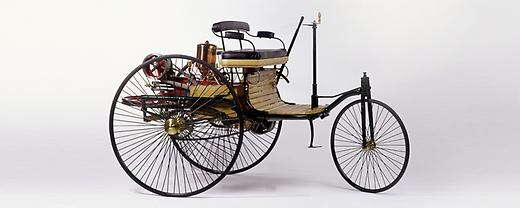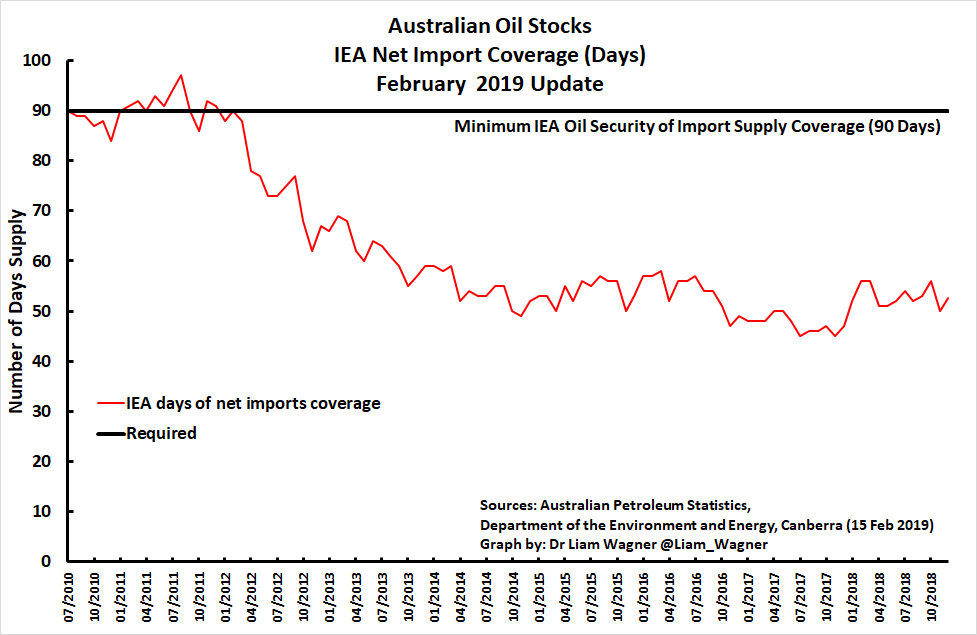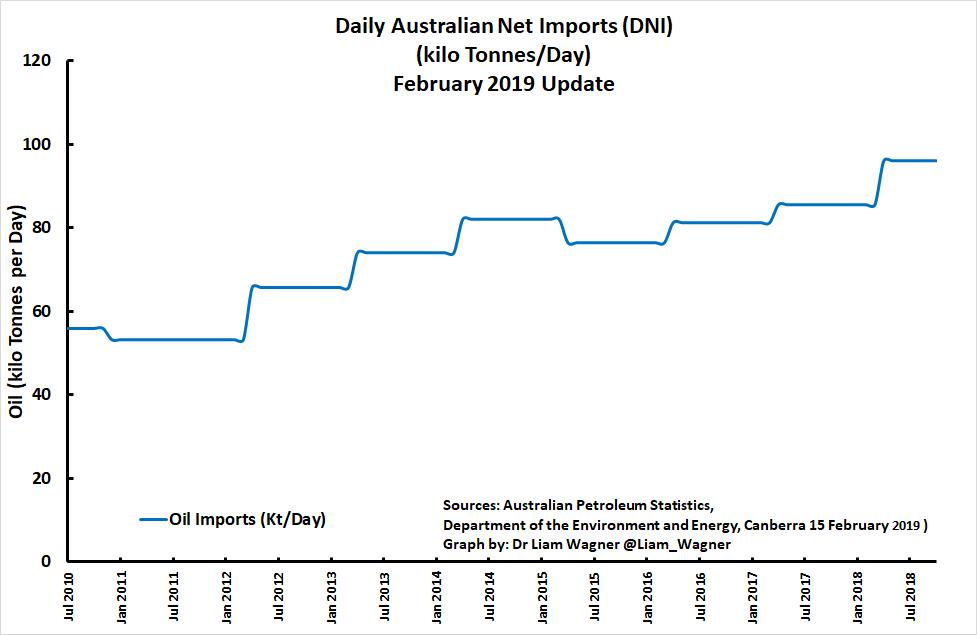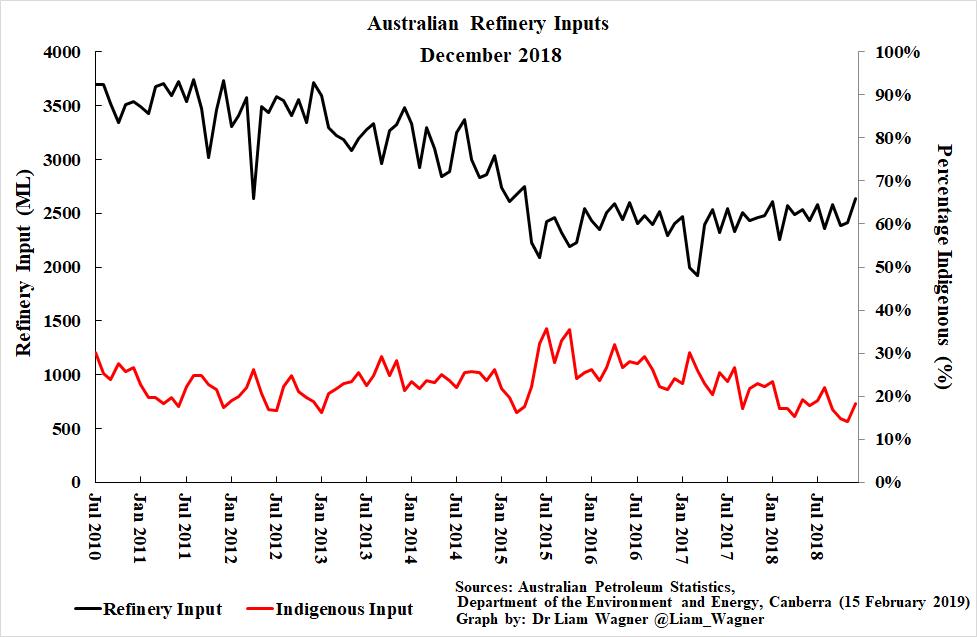1) energy demand will increase through 2040;
2) Use of renewables will increase significantly;
3) More oil and more natural gas will be needed through 2040.
They buttress these claims with a cite to the @iea Stated Policies scenario. 3/N
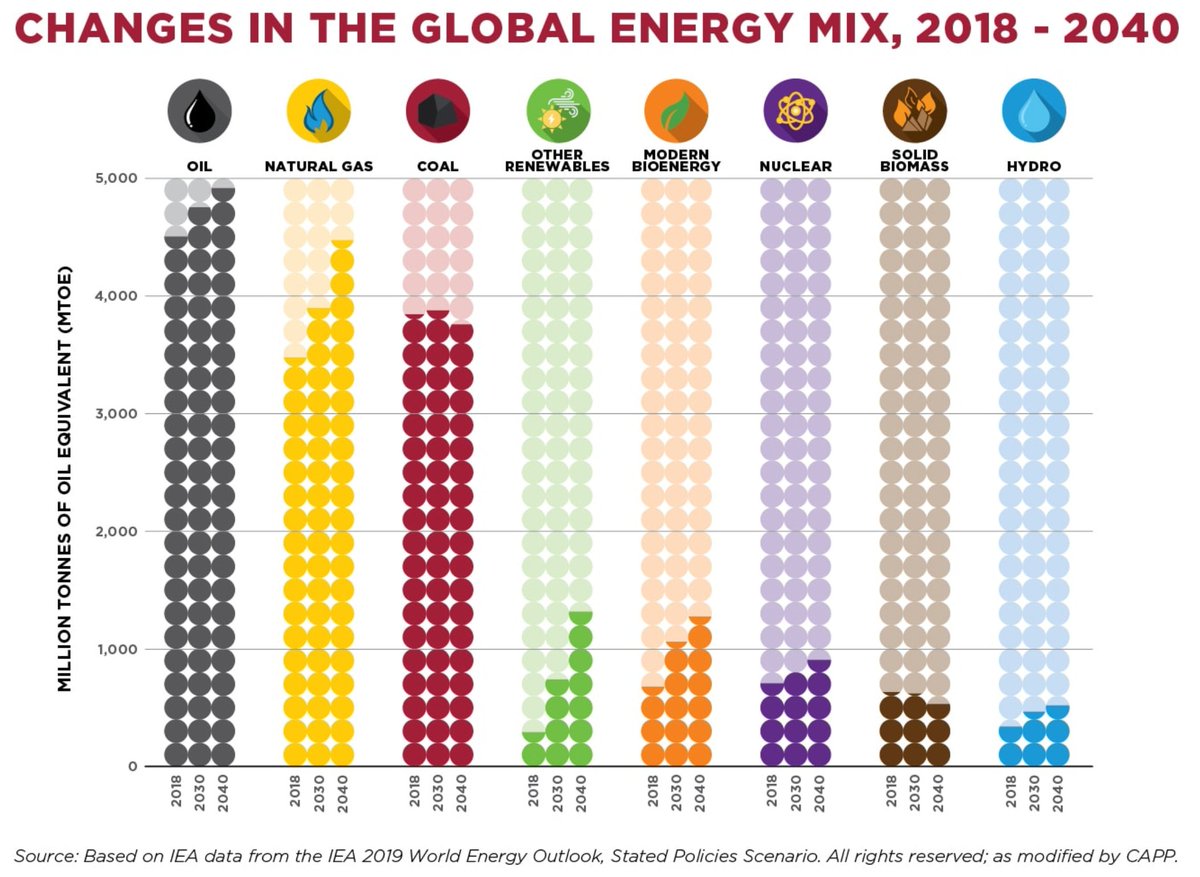
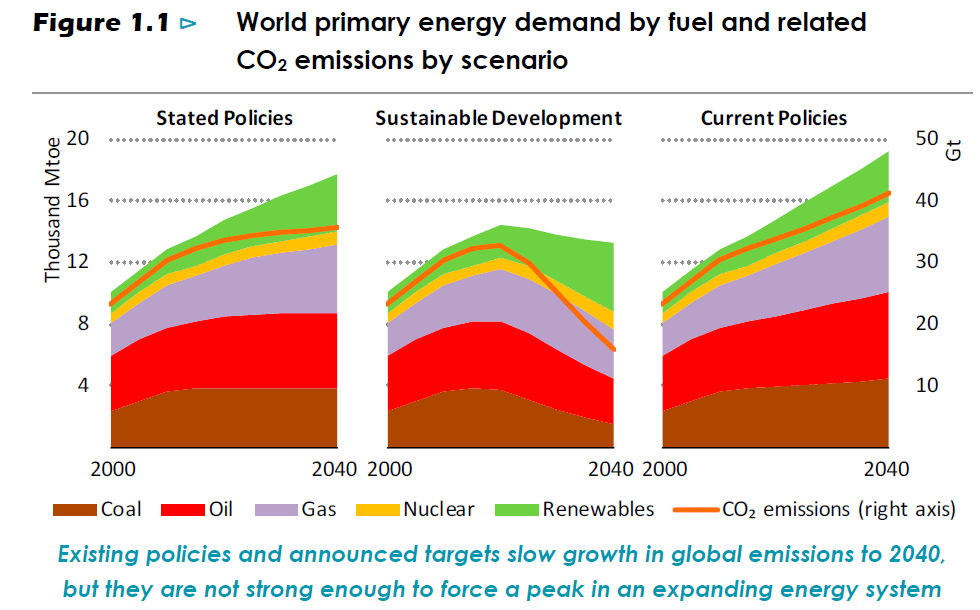

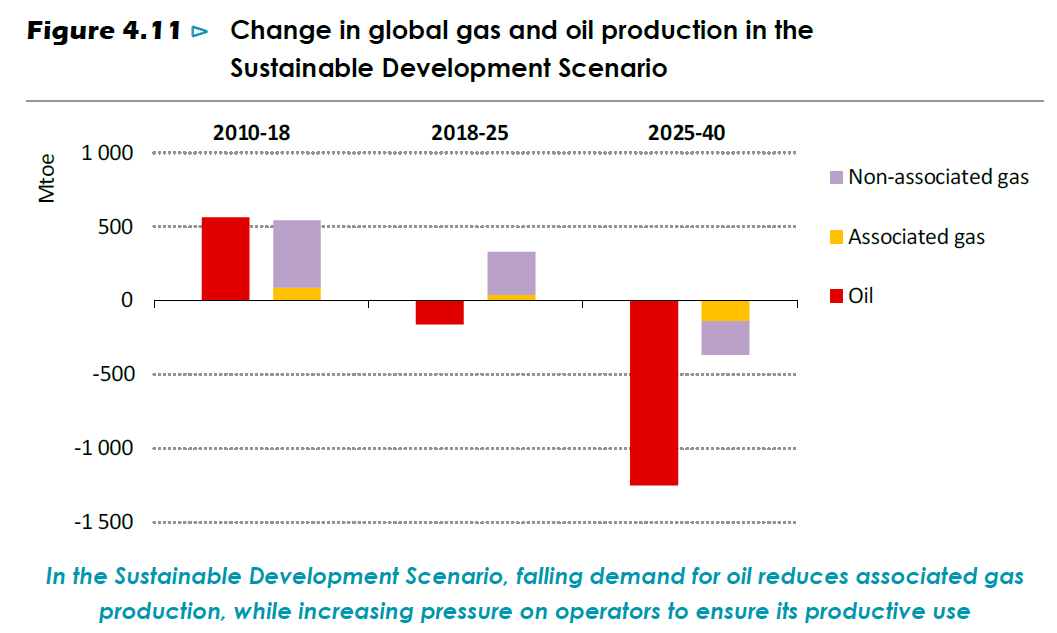
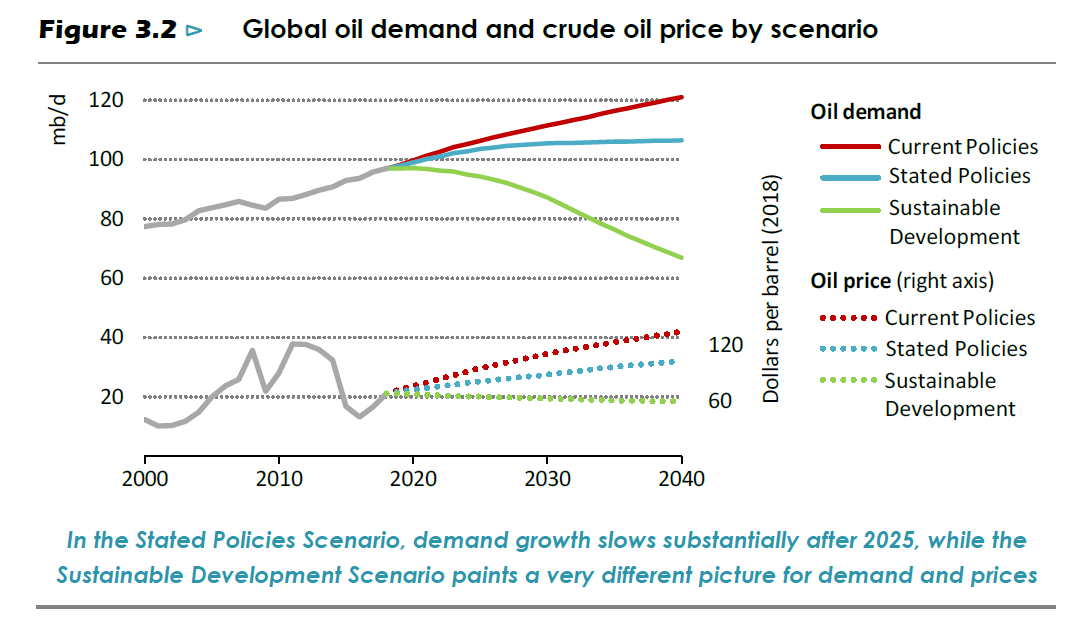
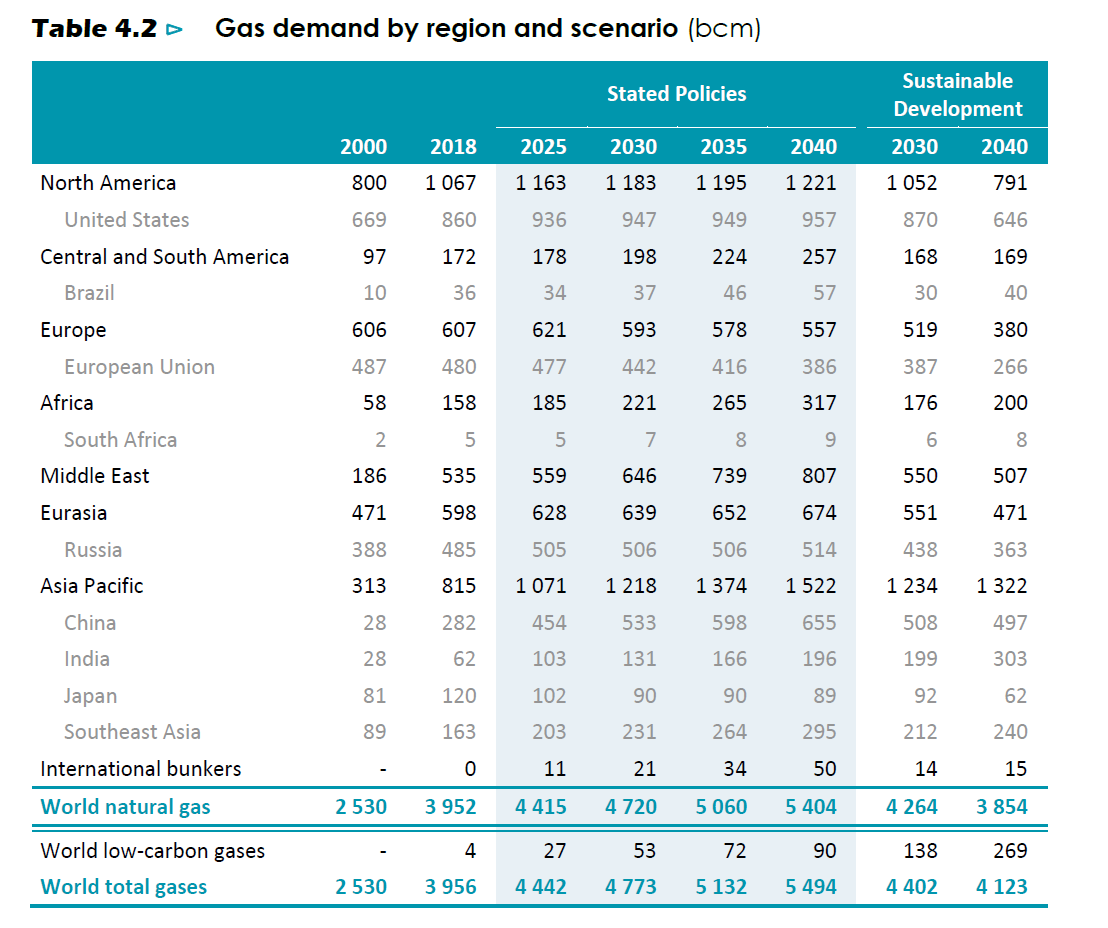
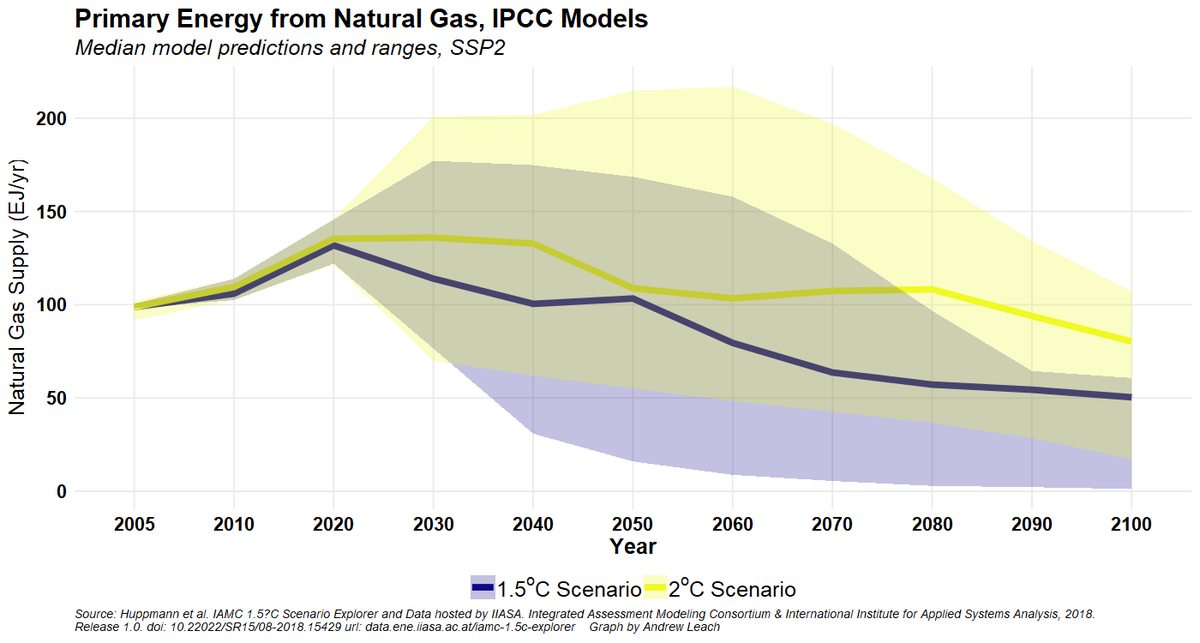
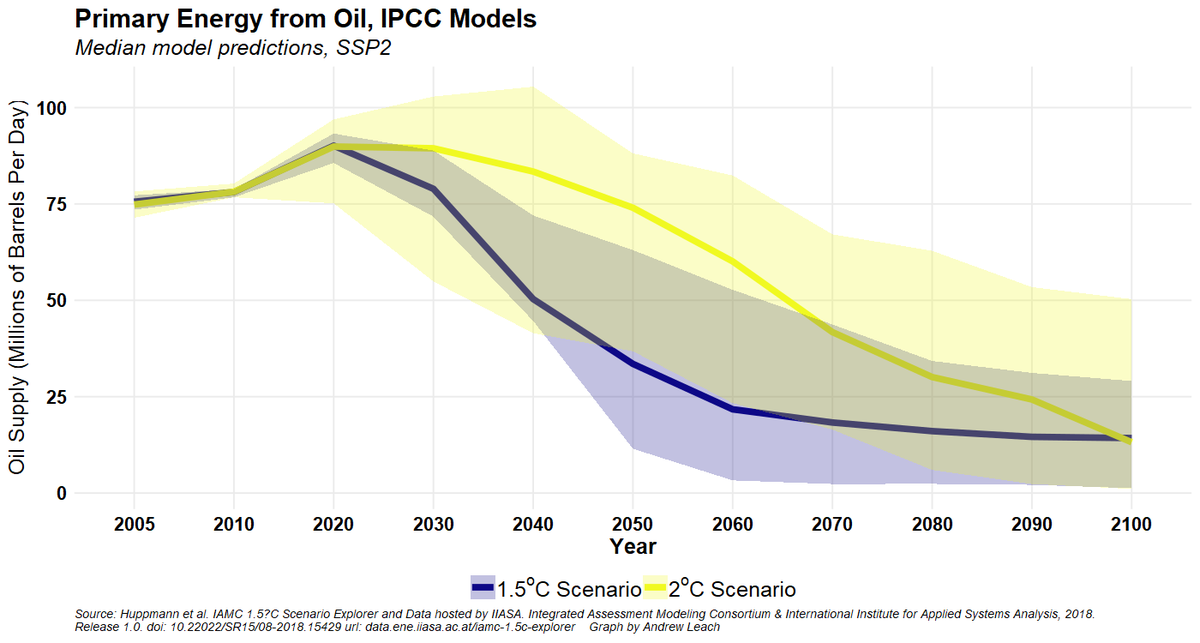
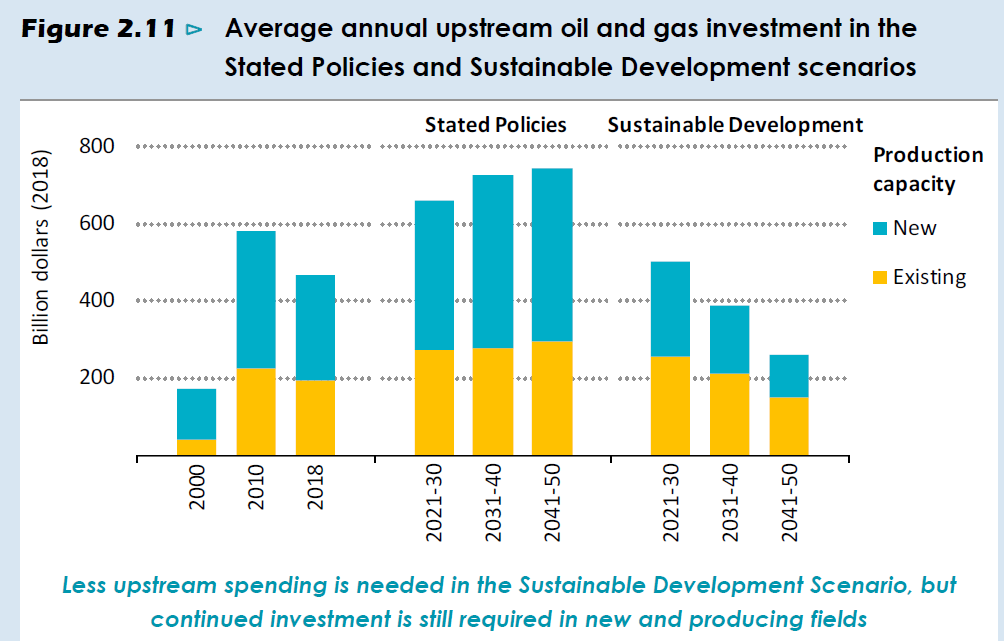









Keep Current with Andrew Leach 🇨🇦 🚲
This Thread may be Removed Anytime!
Twitter may remove this content at anytime, convert it as a PDF, save and print for later use!

1) Follow Thread Reader App on Twitter so you can easily mention us!
2) Go to a Twitter thread (series of Tweets by the same owner) and mention us with a keyword "unroll"
@threadreaderapp unroll
You can practice here first or read more on our help page!

